Introduction
Ever wondered why your hair feels dry, frizzy, or just not as healthy as it should be—even when you’re using that salon-approved shampoo? The culprit might be hiding in plain sight: toxic ingredients lurking in your hair products. Studies have shown that certain chemicals in shampoos, conditioners, and other hair treatments can lead to long-term scalp irritation, hair thinning, and even potential health risks.
Let’s break down the worst offenders and why you should keep them far away from your hair care routine.
1. Sulfates (Sodium Lauryl Sulfate & Sodium Laureth Sulfate)
Why they’re bad: Sulfates are responsible for that rich lather we all love, but they also strip your scalp of its natural oils, leading to dryness and irritation. A study published in the International Journal of Trichology found that prolonged sulfate exposure can weaken hair follicles, leading to hair loss.
Found in: Most drugstore and salon shampoos.
2. Parabens (Methylparaben, Propylparaben, Butylparaben)
Why they’re bad: Parabens are preservatives that prevent bacteria growth, but they also mimic estrogen in the body, which has been linked to hormonal imbalances and even breast cancer, according to a study in Environmental Health Perspectives.
Found in: Shampoos, conditioners, and styling creams.
3. Phthalates
Why they’re bad: These sneaky plasticizers help fragrances last longer, but they are also endocrine disruptors, meaning they interfere with your hormones. A study from The Journal of Clinical Endocrinology & Metabolism linked phthalates to reproductive health issues.
Found in: Scented hair products and leave-in treatments.
4. Formaldehyde & Formaldehyde Releasers (DMDM Hydantoin, Diazolidinyl Urea, Imidazolidinyl Urea)
Why they’re bad: This is a known carcinogen that has been associated with allergic reactions, scalp sensitivity, and hair thinning. Those contained formaldehyde-releasing preservatives that caused severe hair loss in users.
Found in: Smoothing treatments and keratin treatments.
5. Silicones (Dimethicone, Cyclopentasiloxane, Cyclohexasiloxane)
Why they’re bad: Silicones create an artificial coating that makes hair feel smooth, but they also build up over time, preventing moisture from penetrating the hair shaft. This can lead to dull, brittle hair.
Found in: Conditioners, serums, and anti-frizz products.
6. Triclosan
Why it’s bad: An antimicrobial agent that has been linked to hormone disruption and antibiotic resistance. A study published in Chemical Research in Toxicology suggested that triclosan exposure could interfere with thyroid function.
Found in: Some anti-dandruff shampoos.
7. Synthetic Fragrances & Colors
Why they’re bad: Many synthetic fragrances contain undisclosed chemicals, including phthalates and allergens, which can lead to scalp irritation and allergic reactions. Artificial dyes (like FD&C colors) have also been linked to skin sensitivities and even organ toxicity.
Found in: Scented shampoos, colored hair products.
What Should You Use Instead? Clean & Natural Hair Care Alternatives
Now that you know what to avoid, here are some hair care products that are free from these harmful ingredients and made with natural, nourishing elements:
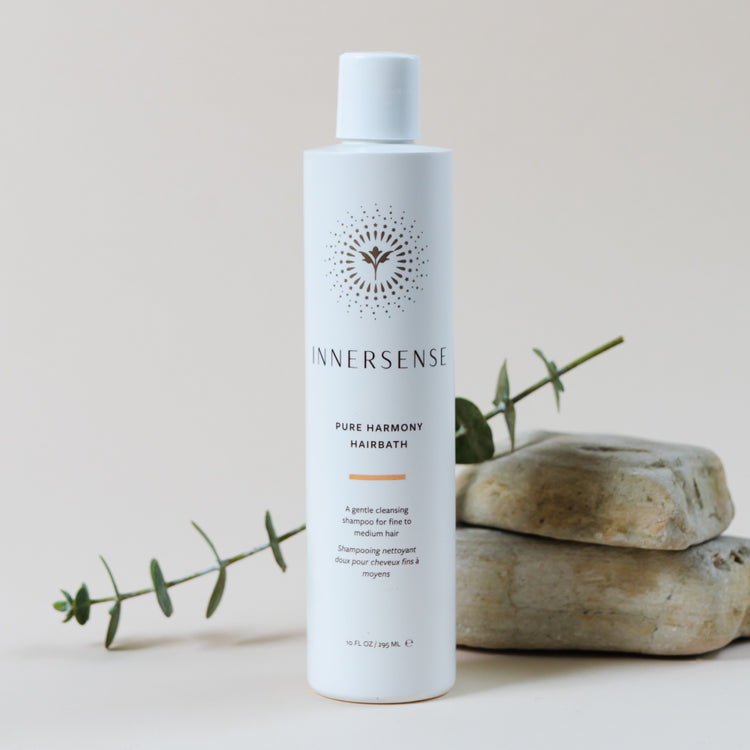
Innersense Organic Beauty Pure Harmony Hairbath
A gentle, sulfate-free shampoo designed for fine to medium hair types. It combines natural ingredients like aloe vera, coconut oil, and shea butter to cleanse without stripping natural oils, leaving hair voluminous and vibrant.
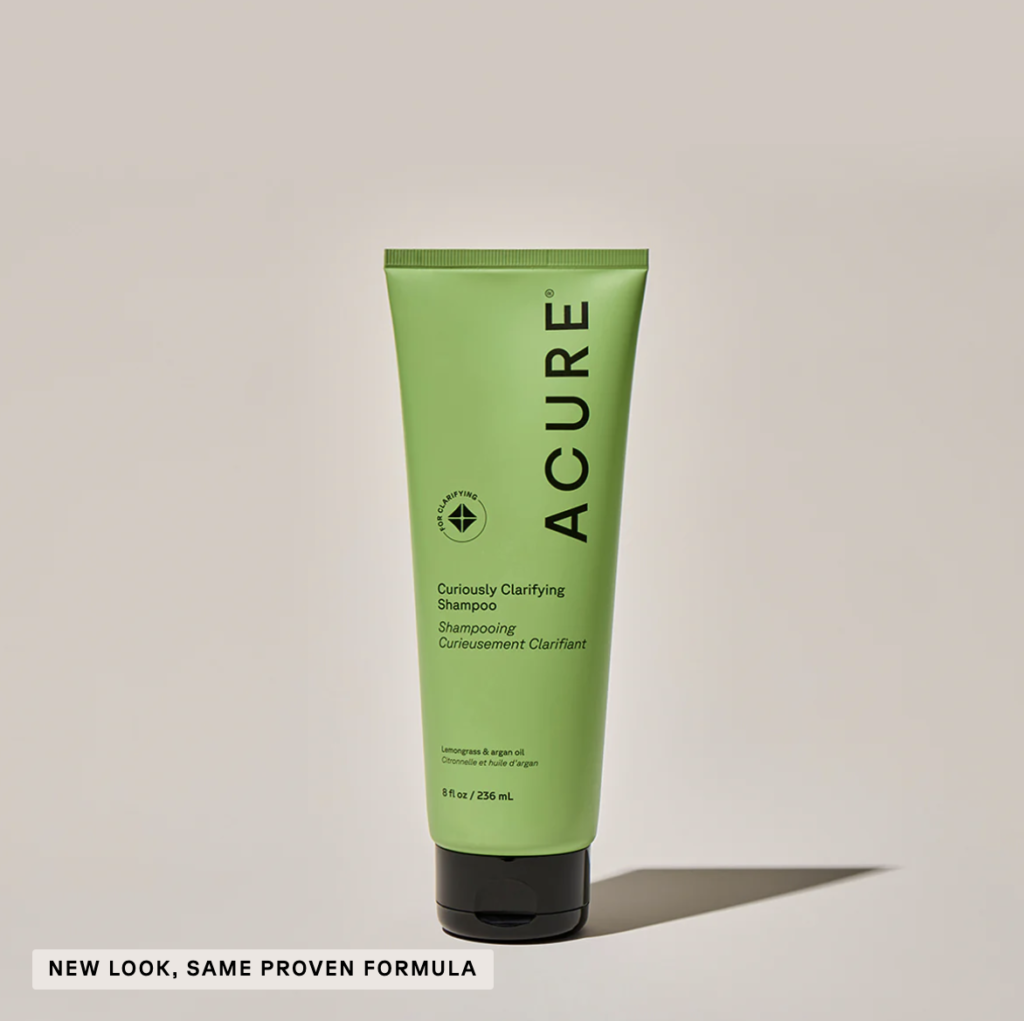
Acure Curiously Clarifying Shampoo
This clarifying shampoo utilizes lemongrass and argan oil to remove buildup while hydrating the hair. It’s vegan, free from parabens and sulfates, and suitable for all hair types.
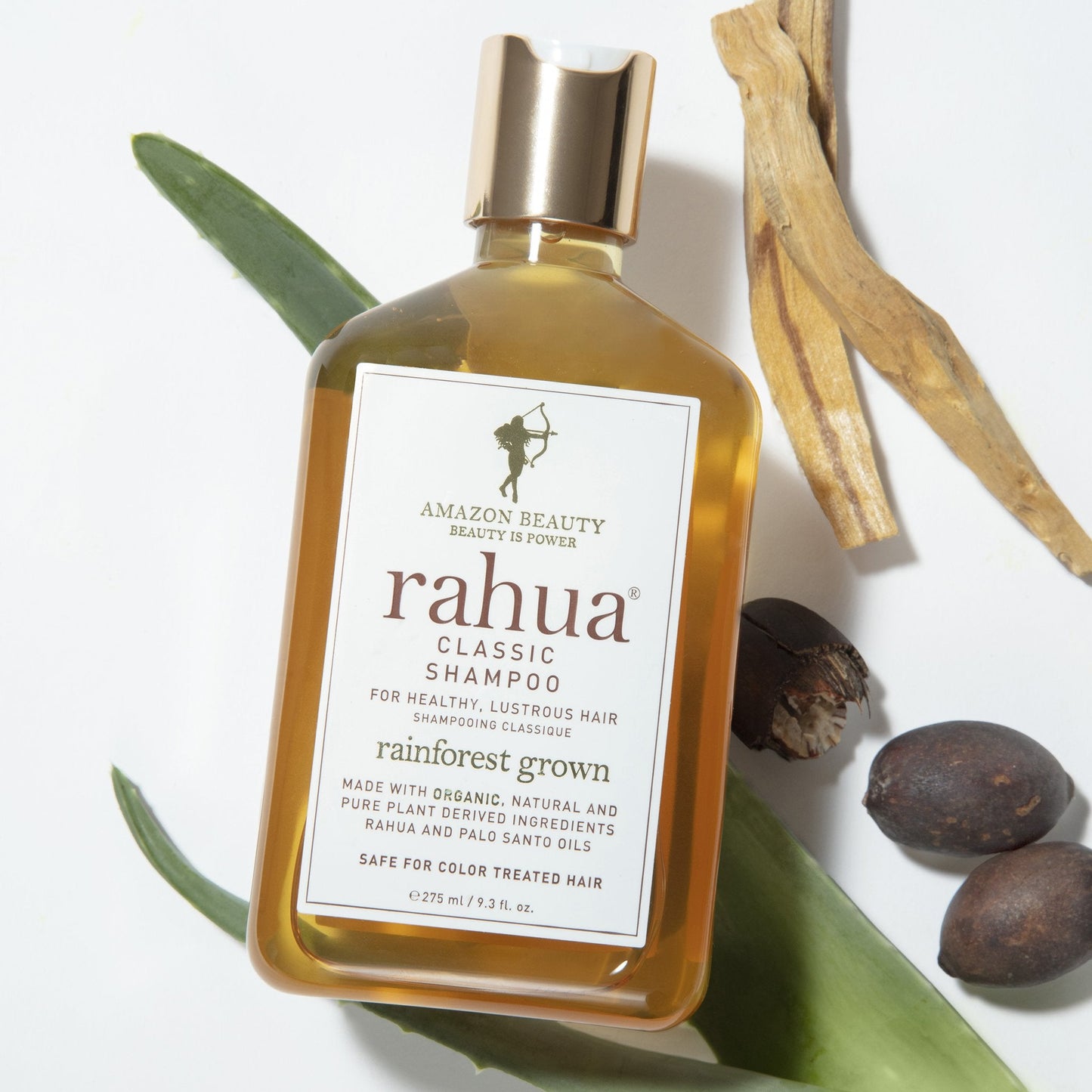
Rahua Classic Shampoo
Crafted with sustainably sourced Amazonian ingredients, this shampoo features Rahua oil to fortify weak, damaged strands, while delivering a rich, luxurious lather. It’s free from synthetic chemicals and ideal for maintaining healthy, lustrous hair.
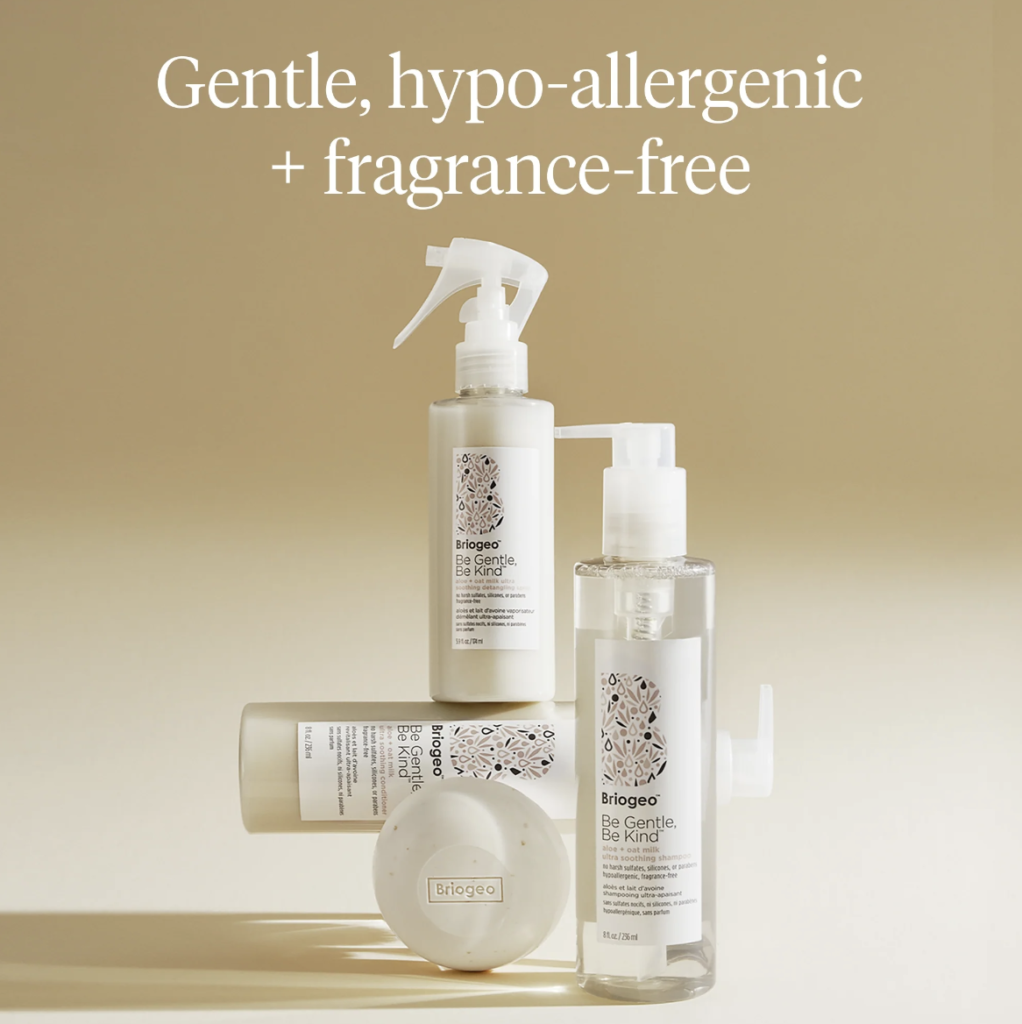
Briogeo Be Gentle, Be Kind Aloe + Oat Milk Ultra Soothing Shampoo
Formulated for those with sensitive skin, this hypoallergenic shampoo is free from fragrance, essential oils, and sulfates. It combines soothing aloe vera and oat milk to gently cleanse and calm the scalp.
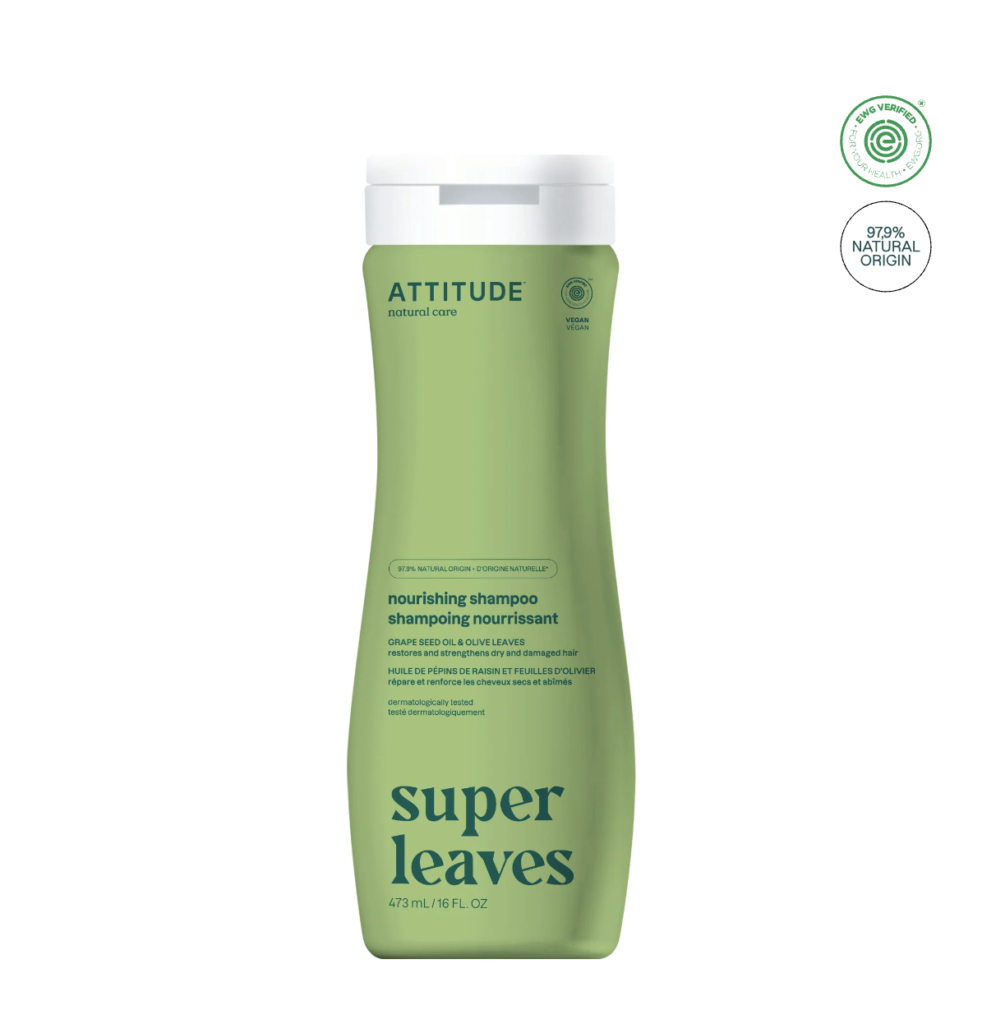
ATTITUDE Super Leaves Nourishing & Strengthening Shampoo
Enriched with grapeseed oil and olive leaf extract, this EWG VERIFIED™ shampoo repairs and strengthens dry, damaged hair. It’s crafted with 97.9% naturally sourced ingredients and offers a delightful pear and ginger aroma.

Dr. Bronner’s Organic Sugar Soap
A versatile, multi-use soap made with organic ingredients like fair-trade sugar, organic white grape juice, and organic coconut oil. It provides a rich lather and is gentle enough for hair, face, and body.
Conclusion
Your hair deserves better than a chemical cocktail that damages it over time. By making the switch to clean, naturally derived products, you’re not only protecting your scalp and hair but also reducing your exposure to harmful toxins. Next time you’re shopping for hair care, check the ingredient list and make informed choices—your future hair will thank you!
Have you tried any of these clean beauty alternatives? Let us know in the comments below!

